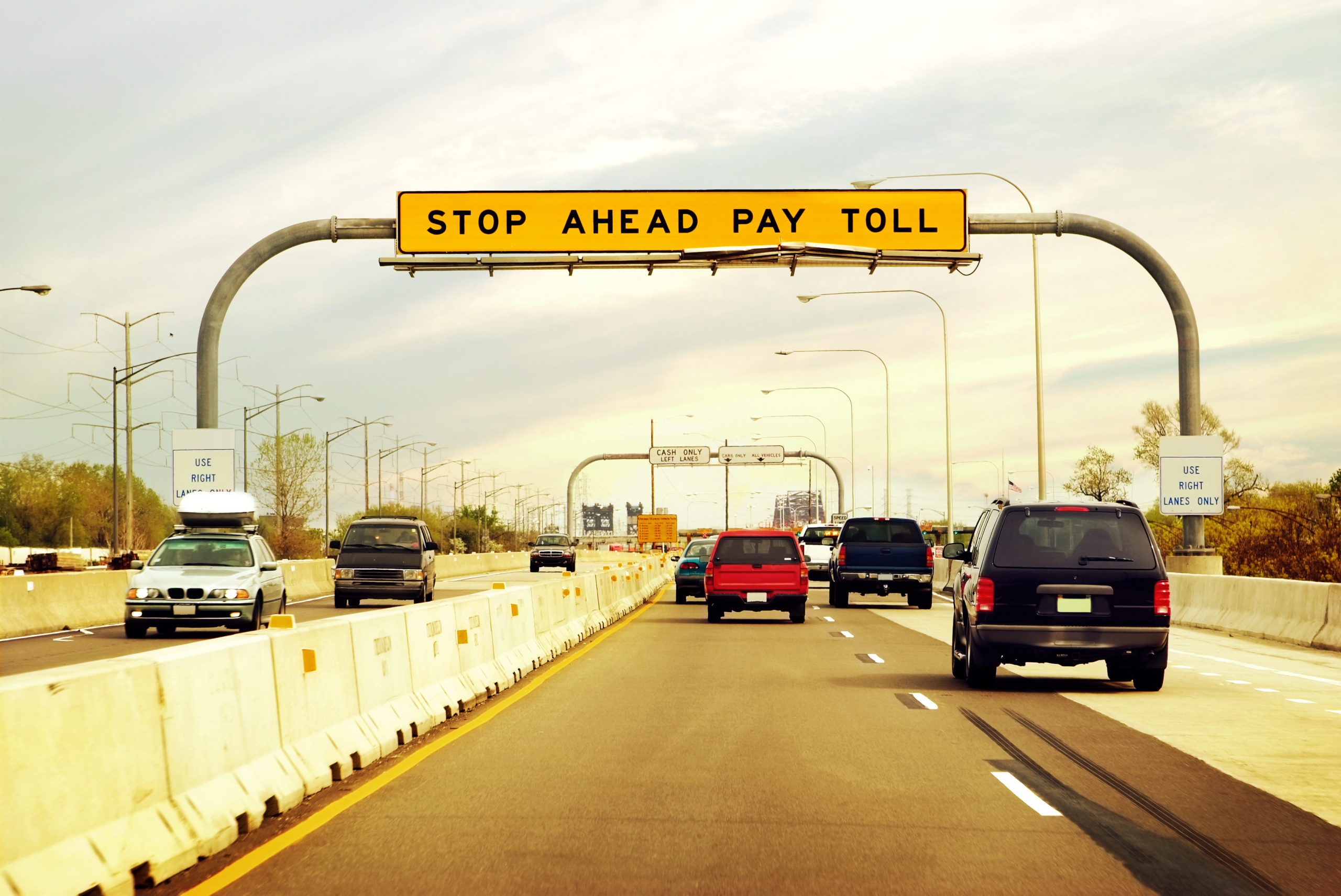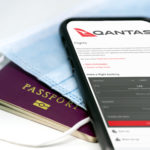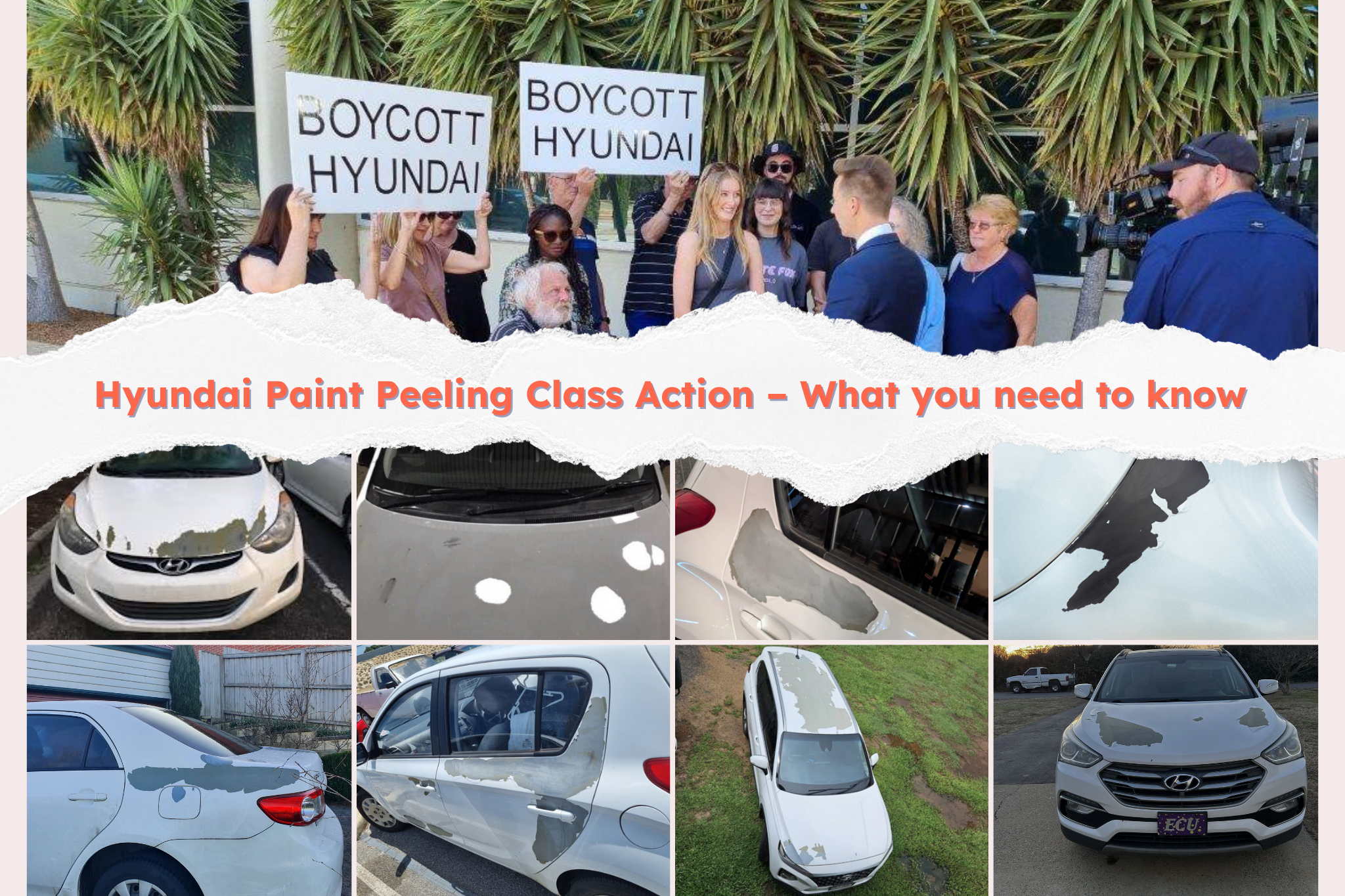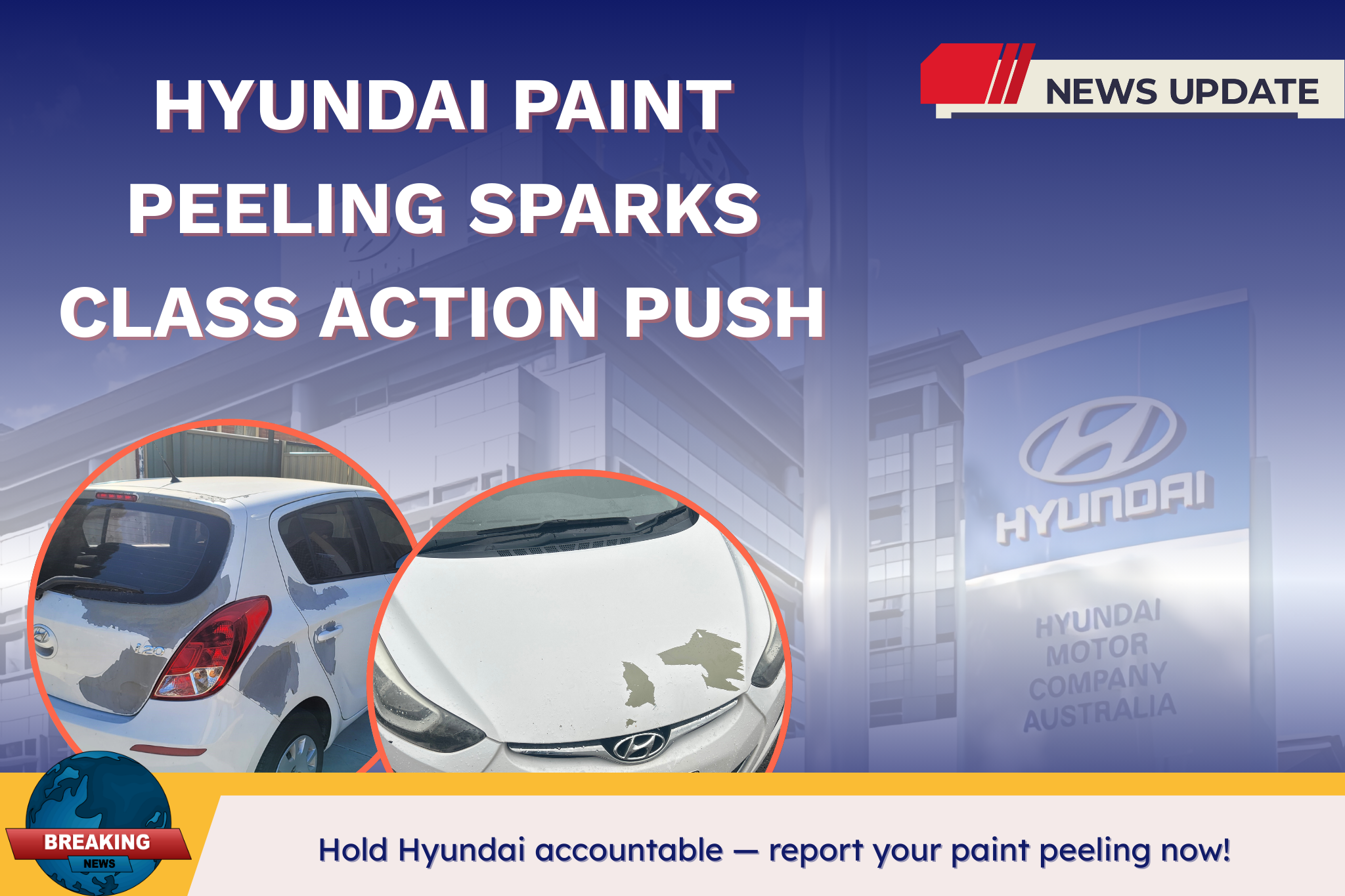
The right path: Don’t let fines take their toll
If you live in a major city where tolls are part of your everyday commute, you probably don’t give them too much thought – until the next time you hear they’re going up again.
But if you don’t use them very often, or are visiting from out of town, it’s easy to get stung by tolls. Particularly if you don’t have an electronic tag or pass that makes it easy to pay as you drive over tolled roads.
Before you know it, that one unpaid trip on a toll road could add up to a lot of pain.
Operators of toll roads in Australia are known for their heavy-handed approach to debt collection. And, if caught unaware, you can easily rack up hundreds, if not thousands, of dollars in fines. Just like the Brisbane man who ended up with a $30,000 debt as the result of a $4.39 unpaid toll.
So how can you avoid toll fines? And if you do receive a fine, can you challenge it?
How toll roads work
A toll road is one you must pay to drive on. They are generally easily identified by the colour-coded signs in different states: blue and orange in Victoria, blue and yellow in Queensland and blue and white in New South Wales. (The rest of Australia’s lucky states and territories don’t have them - yet.)

Most toll roads are operated by private companies, with the biggest being Transurban, and all of them are electronic. This means that you need to have a tag or pass attached to your vehicle in order to pay the toll. These can be bought through websites such as Linkt and E-toll either before using the toll road or within three days of travelling.
If you don't have a tag or pass, you can still use the toll road. But a toll invoice or notice will be sent to your vehicle’s registered address. This notice will include extra fees such as administrative costs, which could be more than the toll itself.
Should you use a toll tag or pass?
Knowing the difference between a tag and pass can save you a great deal. A tag is ideal if you pass through toll roads at least once a month in different states. In general, tag providers ask you to pay a security deposit and a prepaid toll balance. You also nominate a top-up figure, which is charged from your credit card or bank account when the toll balance drops below a certain amount.
A pass, on the other hand, is a temporary payment arrangement. It’s best if you travel on toll roads infrequently in a year. But note that you will be charged a video or image matching fee on top of the toll. This fee is charged when your licence plate triggers the trip fee using toll cameras. It's either because you don’t have a tag or your tag hasn’t worked properly. In NSW, the fee is $0.75 for travel on all toll roads, but when travelling interstate, it can go higher.
How much do we spend on tolls?
On average, Australians spend around $65 per week or $3380 annually on tolls. This varies depending on the state or territory you live in, and the number of tolls. If you live in Sydney, you are likely to spend about $20 more per week. While in Melbourne or Brisbane, you spend about $15 less.
So are tolls worth it? Is the convenience of using a major thoroughfare, in theory to get you to your destination quicker, worth paying toll operators every week?
There is no simple answer. Proponents of toll roads argue that they provide much-needed infrastructure improvements. It helps to reduce traffic congestion and reduce long-term costs of travelling, especially petrol-wise.
According to a National Roads and Motorists Association (NRMA) study, tolls cut driving time by almost 75 percent and fuel consumption was reduced by as much as 30 percent in Sydney.
But opponents maintain that the cost of using toll roads often outweighs the benefits. Some say since they’ve been using the toll roads more often, they’ve been filling up the car more than when they drove around tolls. Others lament the seemingly never-ending repairs, which increase traffic congestion on toll roads.
A study by Grattan Institute attributes one of the reasons for traffic congestion in Sydney and Melbourne to the toll roads.
Why are toll fees so high?
Tolling is a complex process that involves a lot of coordination and infrastructure. For example, toll systems need to be able to identify vehicles, calculate the tolls, and communicate with other transport systems to direct drivers to the nearest open lane. Plus, there are administrative costs such as employee salaries and benefits, equipment maintenance, and software upgrades.
All told – pun intended – it costs a lot of money to operate the system and the charges, or tolls, help cover these costs.

Others argue it’s also because the government allowed most toll roads in Australia to be either operated or majority-owned by only a few private, profit-driven companies through the Public-Private Partnership program.
The lack of competition means these companies can charge whatever they like – providing they get state approval – for the use of their roads. And there's little you can do about it if you receive a toll fine.
But Transurban, which now operates all toll roads in the country except Sydney Harbour Bridge and Tunnel and Melbourne’s Eastlink Motorway, insists: “It’s a heavily regulated sector where effectively the government sets the price and the escalation (of tolls).”
What happens if you don’t pay?
There are several potential consequences — none of them great — if you don't pay a fine issued for the non-payment of tolls.
The toll recovery process begins with the toll operator sending you an invoice that includes the toll fees incurred and the administrative fees. The latter includes not only posting the invoice but also any work done to trace your vehicle.
If you haven’t paid the amount by the due date, the toll operator will send an overdue or demand notice. This includes the toll fee, plus a higher administrative fee. At this stage, the operator can also refer your account to a debt collecting agency. When this happens, your credit score could be negatively impacted. Therefore, making it more difficult to obtain loans or other lines of credit in the future.
If the situation reaches the third stage, your account will be referred to state government agencies governing the use of tolls:
-
- The Department of Roads and Maritime Services in New South Wales
- The Department of Transport and Main Roads/Brisbane City Council in Queensland
- VicRoads in Victoria
The relevant agency will send you an infringement or penalty notice for each seven-day period of unregistered travel on each toll road. This incurs additional charges, too.
What happens if you ignore these notices?
The fourth stage is triggered if you do not respond to the infringement notice. The issue will be escalated to a government enforcement agency like Revenue NSW, State Penalties Enforcement Registry in Queensland and Fines Victoria. These agencies will send you an enforcement notice, plus further penalties.
Additionally, the enforcing agency can suspend your driver's licence or car registration. They can also seize your property or deduct from your wages until the debt is paid.
Finally, the government may take legal action against you in order to collect money you owe. You will then have to pay for legal costs on top of the amount owed.
The fines for not paying a toll can add up, with operators able to charge up to $345 per infringement. This is in addition to the cost of the toll itself. In 2016, The Age reported a case where a toll user racked up $450,000 in unpaid tolls plus fines.
How to avoid toll fines
The best way to avoid toll fines is simply by knowing how they work and being vigilant when travelling on toll roads. Familiarise yourself with the different types of tolls and how to pay them. You also need to have an idea of what to do if you receive an infringement notice.
It’s also best to open a tag account or acquire an electronic pass to reduce administration fees. Without a toll tag, you have to pay a processing fee on top of every toll you pay.
If there are any changes to your toll account, contact your toll provider immediately. These include selling your registered vehicle or buying a new one, changing the number plate on your vehicle, losing your tag, changing your credit card or residential address.
Remember: It is your responsibility to let your provider know that something has changed with your account.
With a bit of knowledge and preparation, you can avoid costly fines and unnecessary charges.
What to do if you get a toll fine
If you receive an infringement notice, the first thing to do is ensure that everything is correct well before the payment is due. Double check your toll account (if you have one) and any statements from your toll operator.
Make sure all of the information matches what's on the fine and there are no discrepancies or errors. An incorrect date or vehicle registration could result in a fine being wrongly assigned to you.

There was an instance when a vision-impaired woman had her bank cleaned out due to an unpaid fine. Turns out the culprit was someone driving a car with a similar licence number.
If everything's in order, the next step is to decide whether to dispute the fine or pay it. If you choose to dispute the fine, you may contact the tolling ombudsman and provide evidence to support your case.
Can toll fines be reduced or cancelled?
You could claim a special circumstance, which, according to FineFixer Victoria, could be:
-
- Having an intellectual disability or mental illness, including anxiety and depression
- Having a drug or alcohol addiction
- Experiencing homelessnes or living in unstable housing
- Experiencing family violence
In such cases, you may ask for legal help from your community legal centre or your state’s legal aid.
Another reason could be that you were not driving the car at the time the fine was issued. Provide evidence to support your claim.
If you choose to pay the fine, be sure to do so by the due date to avoid any additional penalties. You can also ask for a time extension, set up a payment plan or apply for a payment arrangement if you can't afford to pay the full amount at once. In one extreme case, a man was given 80 years to pay off his $100,000 outstanding toll infringement debt.
But note that it’s very difficult to get toll infringements overturned due to the number of agencies involved in issuing them. Each agency directs the complaint to the next and you can end up going around in circles.
If you need help challenging toll fines, just say the magic words ‘handle my complaint’. Having been on the receiving end of unfair infringement notices for unpaid tolls, we don’t want you to get caught in this very expensive network. Happy driving!






